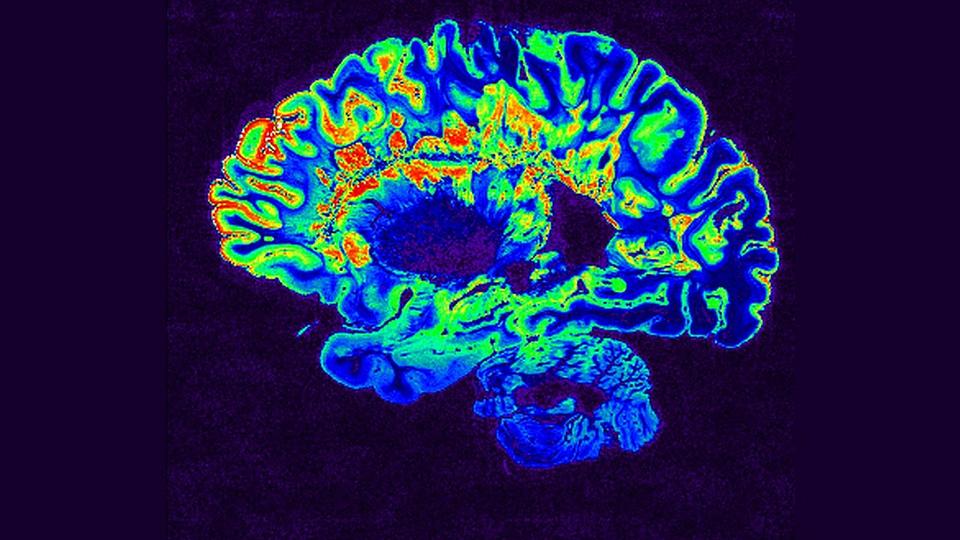Johns Hopkins Medicine team suggests that microparticle-delivered therapy may be first step toward stopping MS and other autoimmune diseases.

According to the federal government’s National Institute of Neurological Disorders and Stroke, nearly 3 million people worldwide — with almost a third in the United States — are living with multiple sclerosis (MS), a disabling neurological disease in which the body’s immune system mistakenly attacks nerves feeding information to the central nervous system (the brain and spinal cord). Although rarely fatal, MS can lead to long-term disabilities, and impair movement, muscle control, vision and cognition.
There currently is no cure for MS. However, findings from a new Johns Hopkins Medicine study provide strong support for a promising advance toward that goal: the ability to reverse — and in many cases, completely alleviate — MS-like symptoms in mice.
The study appears today in the journal Science Advances.
For an unknown reason in people with MS, some of the body’s first line of defense against foreign invaders — immune cells known as CD4+ T cells — fail to recognize that myelin (the fatty material surrounding and protecting nerve cells) is a normal part of the human system. If these wayward, or effector T cells, become dominant, they may provoke inflammation that damages or destroys the myelin sheath, which in turn, can severely disrupt or curtail transmission of nerve impulses from all parts of the body to the brain.
